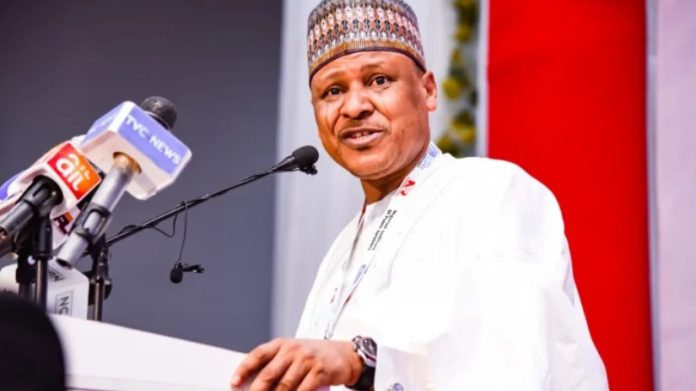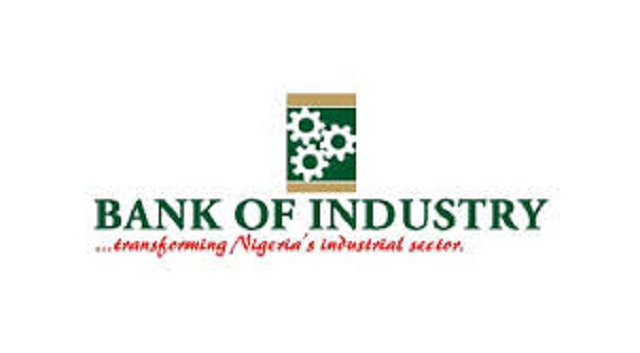Nigeria has reiterated its commitment to strengthening ties with Indonesia, concentrating on the untapped economic potential that can be unlocked through the joint efforts of the two nations. This pledge was made during the Second Indonesia-Africa Forum held in Bali, Indonesia, from September 1 to 3, 2024.
Representing President Bola Tinubu at the event, Minister of Information and National Orientation, Mohammed Idris, participated in high-level multi-stakeholder partnerships and joint leadership sessions, which highlighted Nigeria’s desire to build a stronger partnership with Indonesia.
He listed shared strengths in areas like economic development, energy, mining, food security, healthcare, and the digital economy. Idris expressed Nigeria’s eagerness to leverage these strengths to drive inclusive and sustainable growth.
“The Indonesia-Africa Forum is a catalyst for a new era of cooperation, aimed at propelling both our countries toward a brighter and more prosperous future.
“Nigeria is committed to leveraging our shared strengths and resources to focus on critical pillars such as economic transformation, energy and mining, food and health security, and the digital economy.
“These are the foundations upon which our future cooperation will be built, driving inclusive and sustainable economic growth beneficial to all our nations,” Idris noted.
The forum emphasized the significant economic and demographic weight of Africa and Indonesia, representing a combined population of over 1.7 billion and a total GDP of $4.4 trillion.
The event convened heads of state, government officials, business leaders, and stakeholders to deliberate on ways to boost economic cooperation and tackle global challenges. Discussions centered on Nigeria’s pivotal role in driving the African Union’s Agenda 2063.
Idris underscored President Bola Tinubu’s comprehensive agenda for economic reforms, security, governance, and social development, as well as his leadership in fostering regional trade and stability through the Economic Community of West African States.
Nigeria’s active participation in the African Continental Free Trade Area was noted as a critical driver for boosting intra-African trade and industrialization.
The event, which featured delegates from 22 African countries and five non-African countries, also paid tribute to the 1955 Asia-Africa Forum, known as the Bandung Spirit, which laid the foundation for Asia-Africa relations.
Participants called for increased trade, investment, and development cooperation between the continents, with an emphasis on Africa transitioning from a raw material exporter to a production hub.
The trans-Saharan gas pipeline projects involving Nigeria, Algeria, and Morocco were specifically highlighted.
The Indonesia-Africa Forum serves as a vital platform for enhancing economic relationships between Indonesia and African nations. It promotes dialogue, encourages partnerships, and supports sustainable development through collaboration in essential sectors such as trade, investment, energy, and the digital economy.
This article was written by Tamaraebiju Jide, a student at Elizade University











